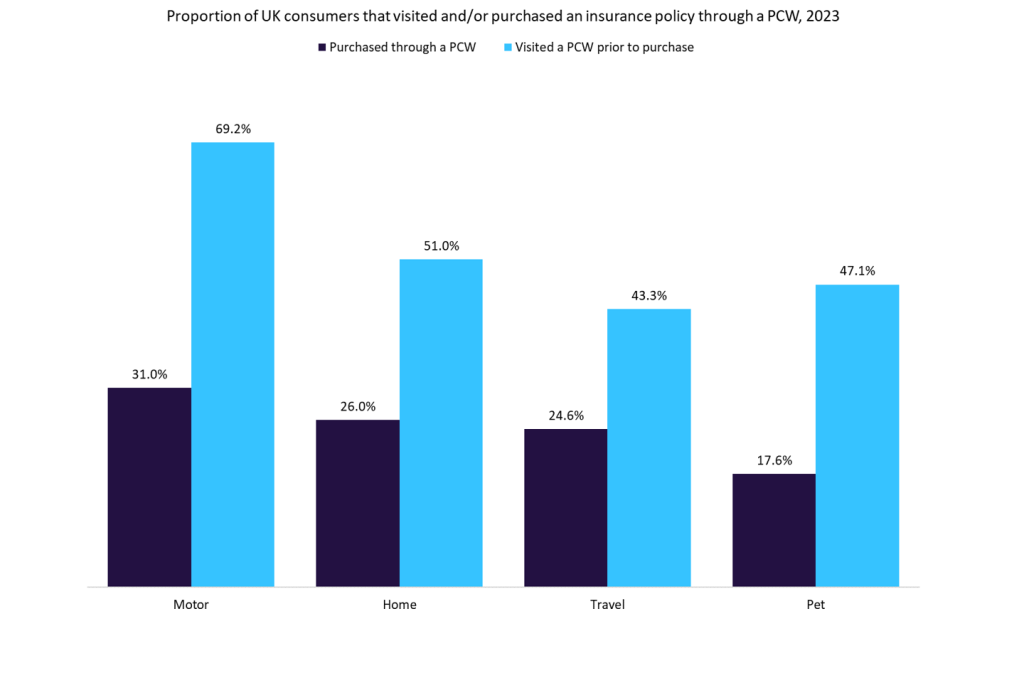crunch, the European Parliament is demanding of the European
Commission that by the end of November it produces recommendations
that will bring about a sweeping change of the European Union’s
financial regulatory legislation. Jeremy Woolfe reports from
Brussels.
In the shadow of the global financial crisis, the European
Parliament (EP) has plunged for a wholesale overhaul of the
European Union’s (EU) legislation to supervise its financial
services. In the firing line is all manner of financial
malpractice. Insurers, banks, rating agencies and many other
financial services players the targets.
This radical support for wide-ranging reform of financial market
supervision cleared through the EP plenary session in Brussels with
a spectacular 565 votes in support. There were only 74 votes
against.
This vote is certainly for a massive drive forwards. The EP is
demanding the European Commission (EC) come back with its
legislative proposal by 30 November. And it backed its stipulation
by copying its text to the European Council (the body which brings
together ministers from European national governments), national
governments and to national parliaments.
The resolution, under the arcane title Report with
recommendations to the Commission on Lamfalussy follow-up: future
structure of supervision hardly does justice to its explosive
contents. The report was co-authored by Dutch European
Parliamentary rapporteur Ieke van den Burg and EP member Daniel
Daianu.
On the crucial supervisory aspect of financial services, the
European lawmakers are seeking wording for a regulation as soon as
the end of 2008. A regulation, as opposed to a directive, does not
have to go through the lengthy process of being transposed into the
EU’s 27 different national legislations.
How well do you really know your competitors?
Access the most comprehensive Company Profiles on the market, powered by GlobalData. Save hours of research. Gain competitive edge.

Thank you!
Your download email will arrive shortly
Not ready to buy yet? Download a free sample
We are confident about the unique quality of our Company Profiles. However, we want you to make the most beneficial decision for your business, so we offer a free sample that you can download by submitting the below form
By GlobalDataSpecifically, the EP wishes to stiffen the structure for the
three committees of financial regulators. These are: the Committee
of Euro-pean Insurance and Occupational Pensions Supervisors; the
Committee of the European Securities Regulators and the Committee
of European Banking Supervisors.
The recommendation for this present “light co-ordination
structure of national supervisors” is to place over it a
“supervisory architecture” that would give “better… cross
border-integration.” Legal power to solve conflicts between
national and sectoral supervisors is also recommended.
Such teeth for EU legislation would be going in the direction of
setting up a European version of the US’ Securities and Exchange
Commission (SEC). In the US, the SEC has federal powers “to protect
investors and promote financial efficiency”. Van den Burg told LII
that the EU needs equivalent powers.
With the first drafts of the EU Parliamentary Report dating back
to mid-June this year, when the true ferocity of the current storm
was still only rumbling, it glances on one touchy subject after
another. The wording from van den Burg and Daianu launches in with
the legislator’s argot of “having regard” and “whereas ..”
paragraphs pointing up a range of fields of interest. Specific
mention is made of insurance.
Also on the menu, if not on the plate, are inadequate risk
management, irresponsible lending, excessive leverage, and weak due
diligence. The report touches on compensation schemes that, it
says, should not reward excessive risk-taking. Credit-rating
agencies are included for “misconceptions of the meaning of
rating”. More generally, the European Central Bank and the European
system of Central Banks are asked to set up systems to give
“early-warning” of upcoming risks to financial stability.
Parliamentary finger pointing
Unrelenting hand wringing was voiced during the debate leading
up to the vote. Unsurprisingly, members came up with several “I
told you so” expressions over the crisis. There were naked airings
of distress and frustration. Members of the EP heaped blame on
perceived culprits, such as the European Council, for being supine
during the development period of the crisis.
Particularly, the parliamentarians pointed the finger at Charlie
McCreevy, internal market commissioner. EC president José Manuel
Barroso also came under attack.
Firebrand EP member Pervenche Berès, head of the EP’s Economic
& Monetary Affairs Committee, lead this particular fray.
She demanded from the president: “Mr Barroso! Where have you
hidden the internal market commissioner?” She added: “Where was he
[McCreevy] in July 2007 when his services were warning us of the
forthcoming disasters in European banks?”
If this put McCreevy on the ropes, he quickly took another body
blow. EP member Werner Langen described McCreevy as “playing dead
man walking for the last four years – Dublin and London are
remotely controlling this commissioner.” Langen urged Barroso to
pass McCreevy’s portfolio to Joaquin Almunia, currently
commissioner for economic and monetary affairs.
The MEP’s decision call for the EC to come up with draft
legislation is unusual. Normally the EC proposes legislation. But
the law makers do have this opportunity, if they achieve an
absolute majority in their vote.
Whether or not McCreevy’s portfolio has been formally passed to
Almunia is not known, but a preliminary “communication” from the EC
in response to the call from the EP is said (by a Commission
insider) to be largely the work of Almunia’s department.
The communication, From financial crisis to recovery: A
European framework for action promises a more detailed EU
recovery framework by 26 November. Dated 29 October, it sets out in
general terms an overall economic plan for the EU. It brings up one
issue after another, some of which have been dragging on for
years.
For instance, the communication touches on “flexicurity,”
referring to Europe having suffered “from a failure to apply active
labour market measures to help people to retain for the future, to
find and to create new jobs. Research and development also comes
into the spotlight. Research and development also came into the
spotlight.
While insurance itself gets no specific mention, another EC
insider notes that reform is being encouraged by the financial
crisis. Hence, he said at the time of going to press, Solvency II
looking likely to clear through the Economic and Financial Affairs
Council meeting of finance ministers on 2 December. This would be a
major development.
Commenting on the possible silver lining, Charles Cronin, of the
Chartered Financial Analyst Institute, says that the crisis is at
least creating an opportunity to bring in global legislative
solutions, including to insurance.







